How to make a good use of Localization events?
The localization industry is fragmented, it is larger and more complex than what it seems from the outside. That's something I have covered in this blog many times in previous posts..... And how could it be otherwise the number of events in the Localization industry might be also quite overwhelming. According to this list compiled by SDL, there are more than 40 localization events in this 2019; and in that list, we are not even taking into account events that are smaller, or more locally relevant as can be a meetup, LocLunchs, Workshops, etc
I have had the opportunity throughout my career to attend different events. I remember being there as LSP in a booth trying to sell our Localization QA services; I also remember when I attended my first LocWorld. I was paralyzed watching the immense program and presentations of all kinds that seemed super interesting. I didn't even know what session to attend! Over the years I have been learning how to handle myself in these types of conferences, how to give presentations, how to do networking, in short, how to make the most of my assistance to this type of event... That is why today, in my weekly post I wanted to share some guidelines that can be useful when we attend these types of events, because, attending localization conferences might be expensive and quite often we are not totally sure how to get the most of it.
Hopefully, this summary can help to get the most of our attendance!
If you prefer to digest this content at your own peace click below image to download the PDF infographic with the best practices I’m suggesting about how to make a good use of Localization event
I’m also providing this content below in written format for those of you are more keen on words instead of graphics.
Attending a conference can be exhausting - going to the airport , face potential flight details, arrive at a destination, miss our every night bed, engage and in nonstop networking, attend presentations, and coming home to an inbox that it's waiting for us with a few hundred emails can and will drain our energy … still Conferences, workshops and seminars might become a very important contributor to our business success and career growth. Hopefully, with these tips I shared here we can all make the most of attending to these events!
Have a great week!
@yolocalizo
How to make a good use of Localization event.
What to do before the event?
What do I want to learn? In what professional field am I interested in improving? We must think about what kind of event really is related to the challenge that we are working to solve. If we are interested in implementing NMT, the events that we should go must be different than if our interest is centered in UX Globalization and how to create a globally accessible UI
Logistics. We must ensure that hotels, airplanes, food ... fit into our budget, and we need also to ensure that the dates of the event are compatible with our working schedule. In that case, we have also to remember and prepare a hand-over plan; meeting with our partner to backup us while we are traveling is necessary. Especially, if we are working on a project that requires some urgent delivery while we attend this event.
Select the sessions we will attend. There are some events that take place in a linear manner and in the same room, in those cases there is not much to choose from ! but in other cases, there are conference events with 2 tracks (sometimes even 3!) that run in parallel
Introduce yourself in advance! LinkedIn is a tool that has changed forever the way we interact with colleagues in the industry. We have thousands of contacts, thousands of possible mentors, coach or clients just one click away! We must take advantage of this wonderful professional network that Jeff Weiner's team ( LinkedIn CEO ) has made available to us. We need to think about the people we would really like to get to know, why we want to meet them and find out how much time we might need to discuss with them our interests.
What do to during the event?
Be strategic with your time. When choosing which sessions to attend, we need to consider if we are attending to learn something new or meet someone
Always, always, always reach the speakers before they are on the stage. When we go to a conference, when we attend a keynote or a particular session, we usually see people queueing waiting to talk with the speaker AFTER the presentation. But, usually, at the beginning of the event, s/he is usually alone; approaching at that moment for a minute and stating that we are looking forward to hearing what s/he has to tell us and that we wish luck has a powerful impact of empathy
Listen more; talk less . We need to force ourselves to ask thoughtful questions and listening carefully to how others respond. As the saying goes ... every time we talk we are saying something we already know, only when we are silent and listening is when we embed new information to our hard drive (AKA brain) We might kick-off conversations with questions such us for example, "Which project are you most excited about right now? ”Or“ Which session are you most excited to attend? “How are you approaching automation in the LQA workflow….Find a question to kick off the conversation and from that moment you know ... listen more, talk less...
Manage your existing connections. There are industry partners who I only have the opportunity to meet them at Localization, meetup, workshops or similar events. The way I see it these events are a perfect excuse to solidify our relationship with them! I love that feeling of family and good vibes between peers in the localization industry. Somehow it's funny, there are people I only see from year to year, and I feel very close to them, almost as if they were lifelong friends! Investigating before the event who of our contacts is going to go is a good idea, and having a glass of red wine with them at the event venue is an even better idea!
Become an ambassador and connect people. If we have contacts who are specialists in some field and know other people interested in knowing more about this subject, we must make the effort to connect them. Knowing how to present and connect people will raise the perception that others have about our leadership skills and we will be creating value for both sides. Win-win-win situation!
At the end of each day, do a daily recap of notes, thoughts, action lists and plans for the following day
Take care of yourself. Conferences are exhausting, find a way to manage your energy. Give yourself time to rest. Eat well, sleep well and go easy with alcohol and fiestas in DAY 1, especially if we are speakers in DAY 2 😜
What do to after the event?
Follow up. At the end of an event it is likely to have in our back pad a few business cards, or if we are less traditional, selfies with the people we met and their contact on LinkedIn ( this is my favorite way to remember whom I have known). follow up is important but before reaching out, we have to identify A specific reason to follow up. Is it to discuss a specific topic, close collaboration or Building a deeper relationship? The follow up is usually more effective a few days after the event, for that reason we can set a reminder on our phone so we remember to do an effective follow-up
Management briefing. When we are back in the office, when we are back to the routine, I think it's a good idea write a short summary to our manager thanking for the resources that the company has invested in paying our assistance to the event. We can also summarise in that email what we have learned, networking we have done, and the next actions to implement in our Globalization strategy... I think this is a useful way to make her see the impact that this event has had on us.
TEAM briefing. If we have learned something interesting, why not share it with our team, with our peers? Sharing is caring!
Check the material quietly from our comfy chair. The majority of event organizers usually send to the attendees the material that it has been provided during the conference. When we receive it, it is a good time to review all the breakout presentations that we missed, and if necessary, contact the presenters for additional information and Visit their websites for other available information that maybe they have there
BENEFITS of attending industry events
Sharp my axe As the saying says "A dull ax won't cut a tree nearly as effectively as a sharp one." Globalization events are great to get ideas and polish our skills
Renew our excitement about the work we do. Sometimes just sitting down too much time behind a desk week after week, month after month can be a huge energy drainer. This is why attending theses event is so rewarding Getting out and hearing from people who are doing what we do, but in a different way might be an energy booster
Clarity of thinking by presenting our ideas and thoughts to others
Networking
Evaluate new vendors and test tools
Place yourself as an expert. When people meet us at industry conferences we might position ourselves as experts in very specific topics, and companies like to cooperate with experienced / experts colleagues.
Checking on competitors: Attending Localization conferences is also a great way to learn who our competitors are and what they are doing as we speak….
@yolocalizo
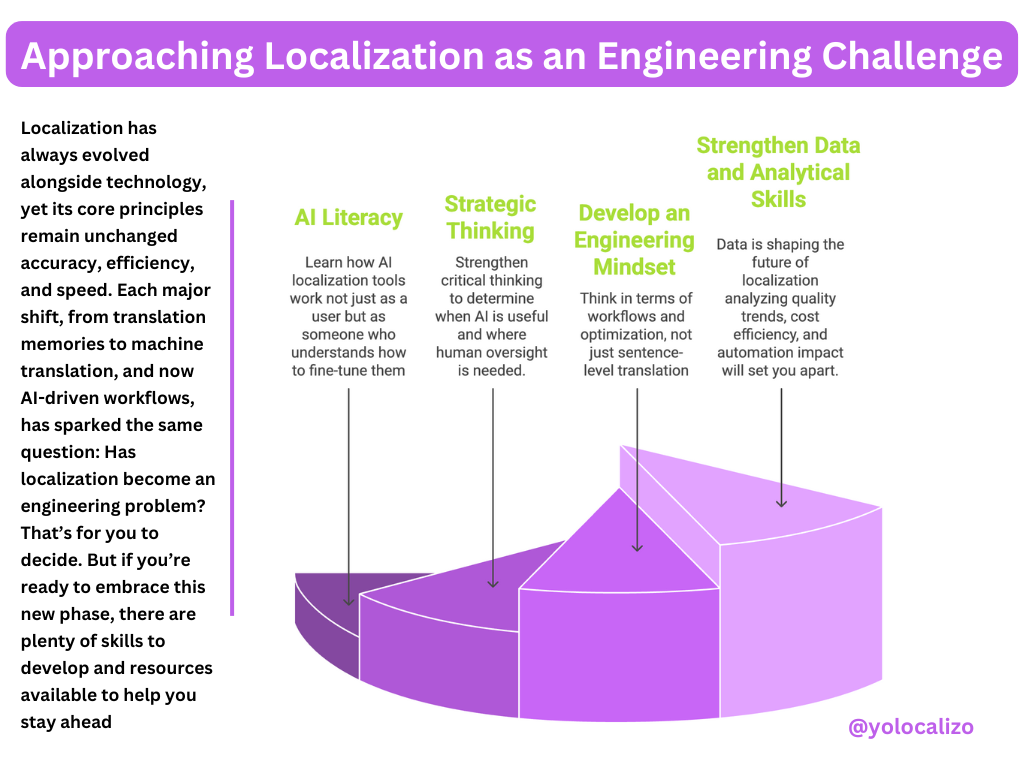
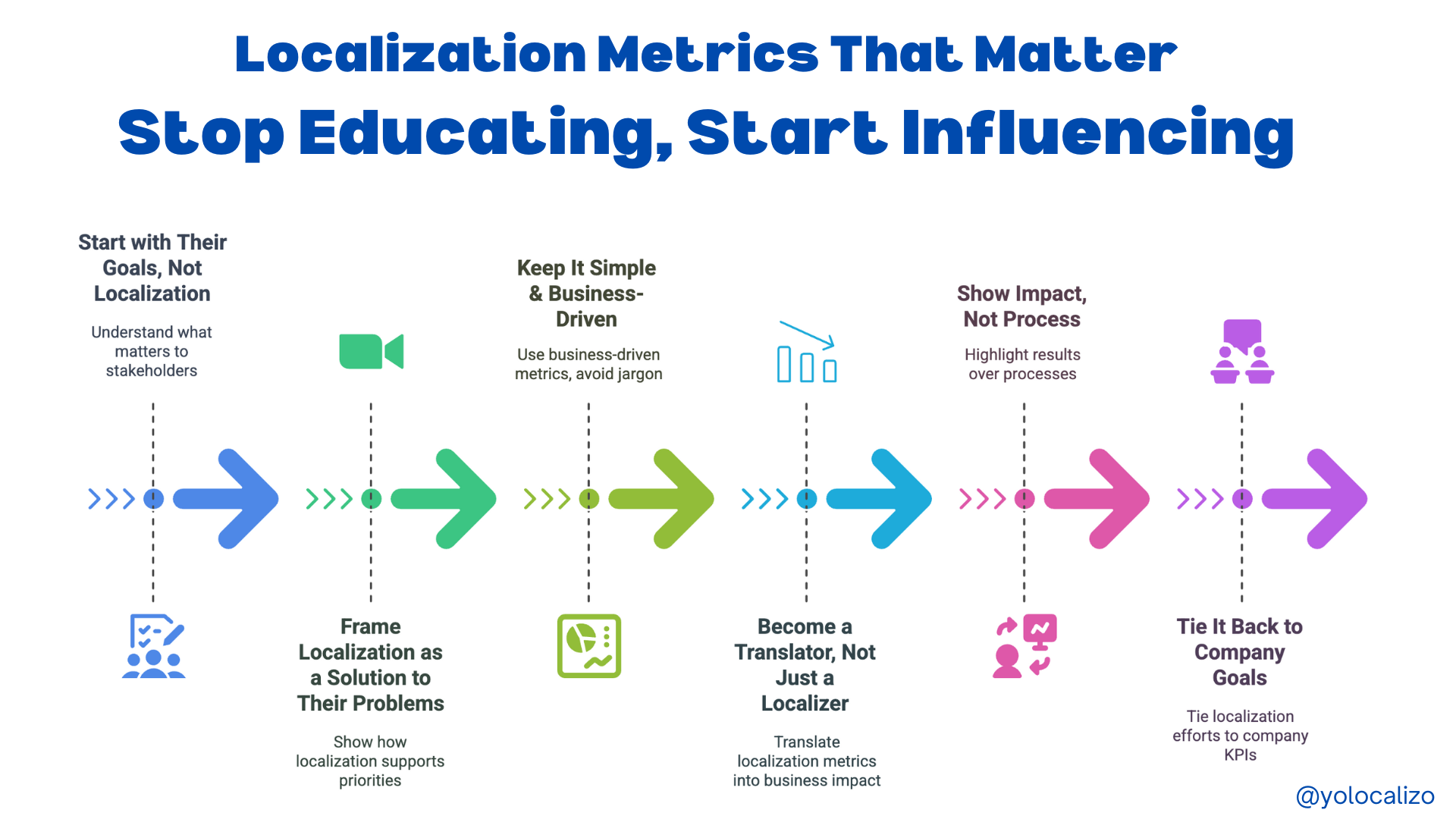


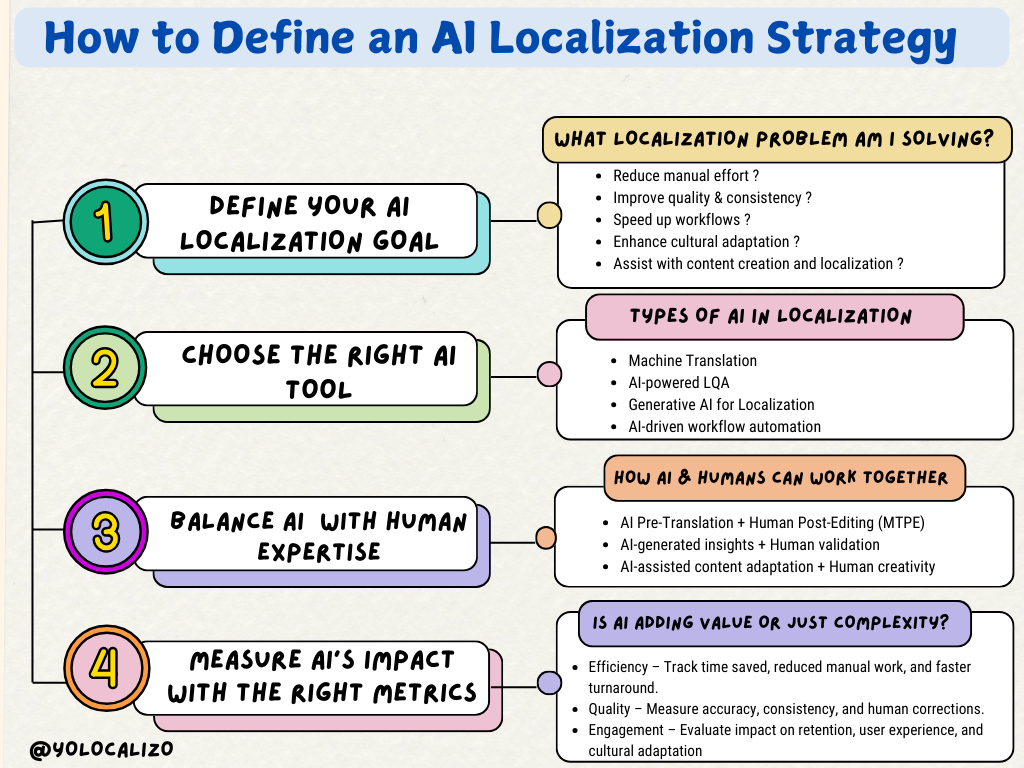





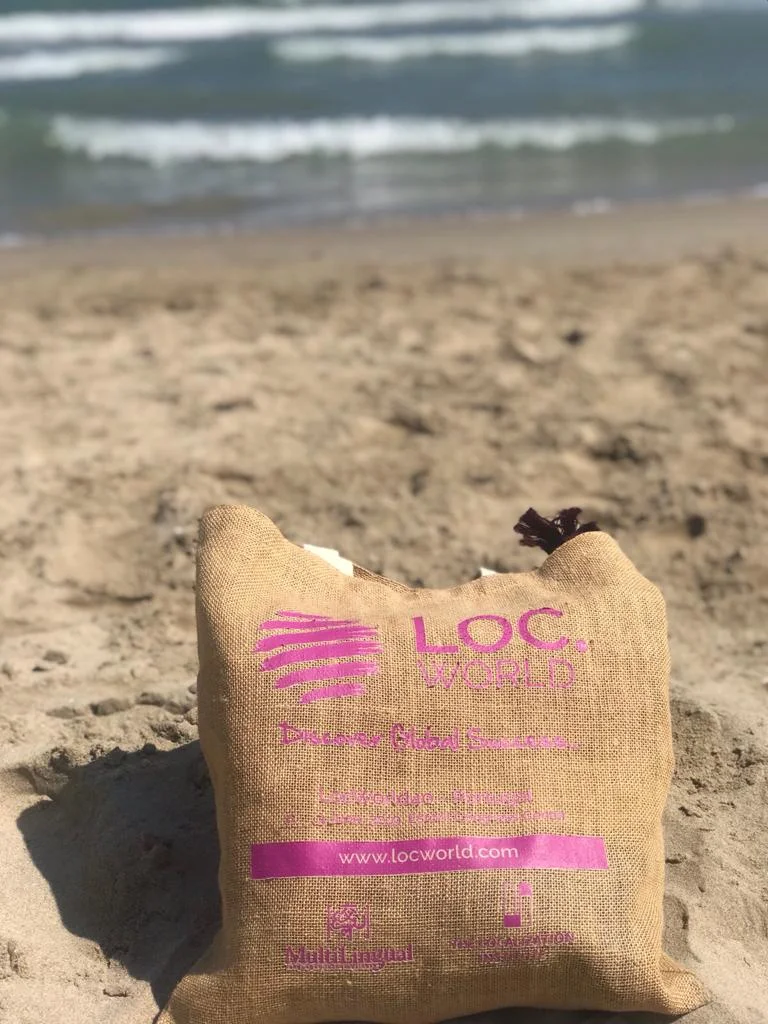






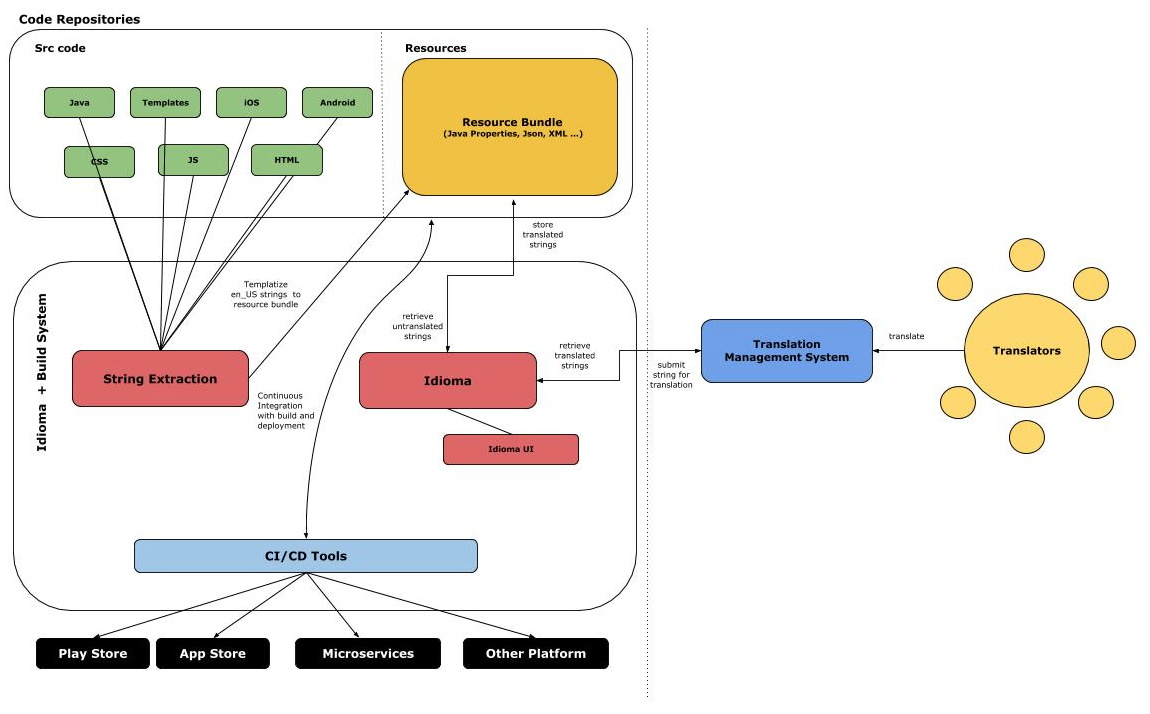
We all talk about the importance of localization metrics, but where do you actually get them?
This question hit me hard during a recent panel, and it made me realize something I had been overlooking.
If you’ve ever struggled to find the right data to prove localization’s value, this post is for you.